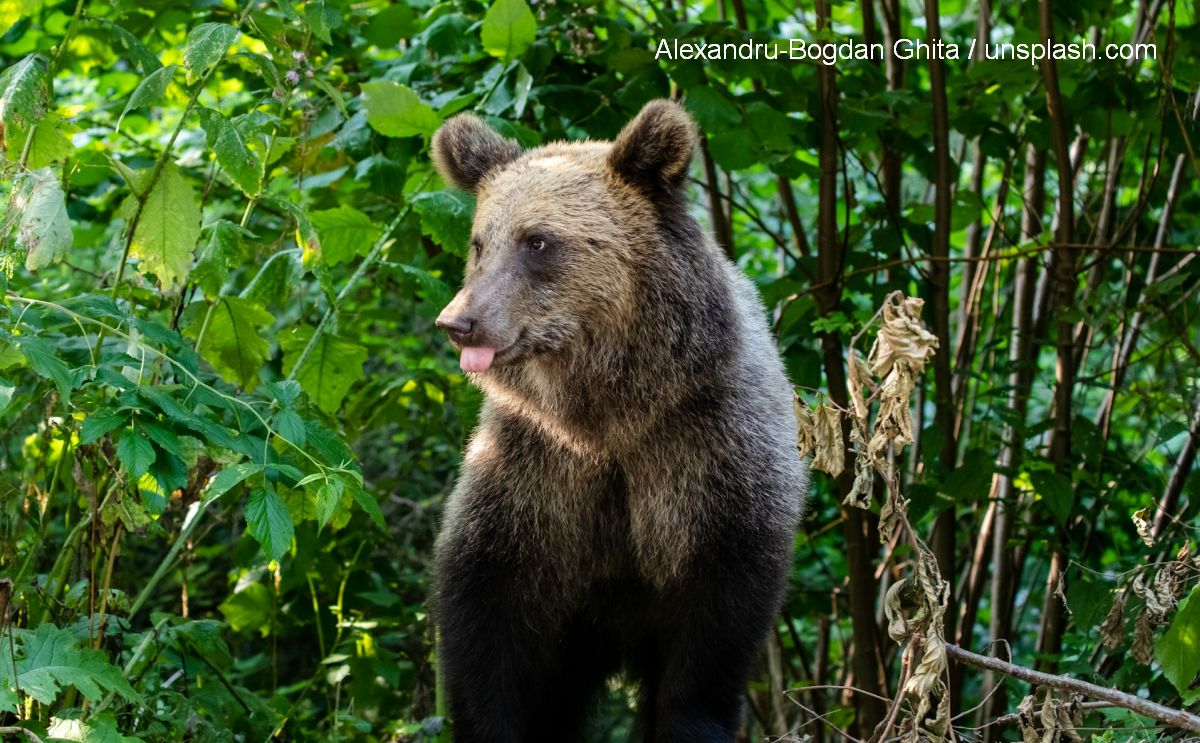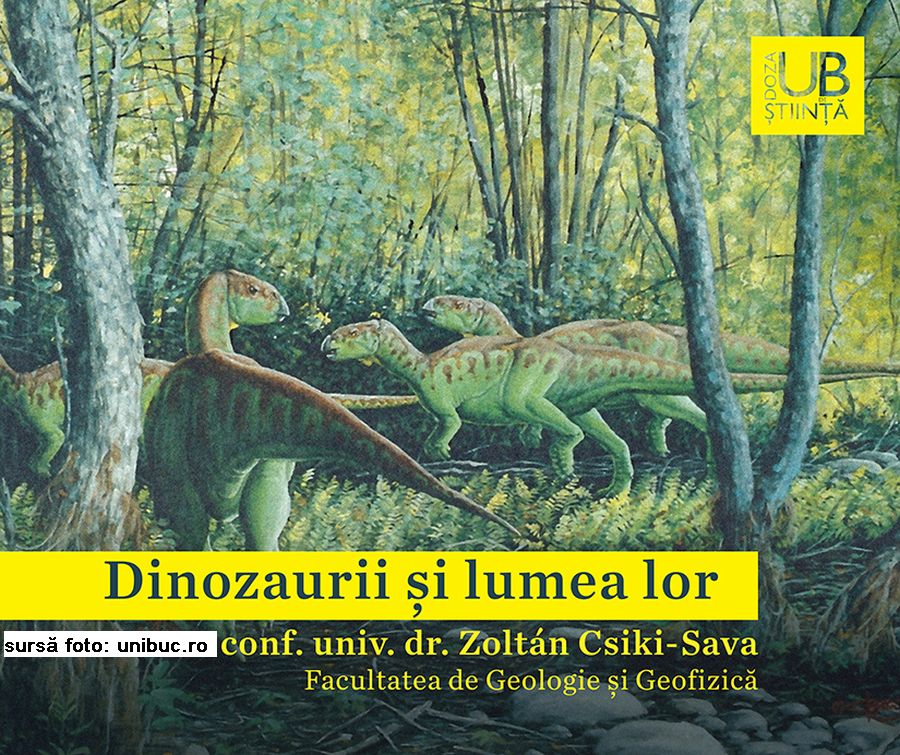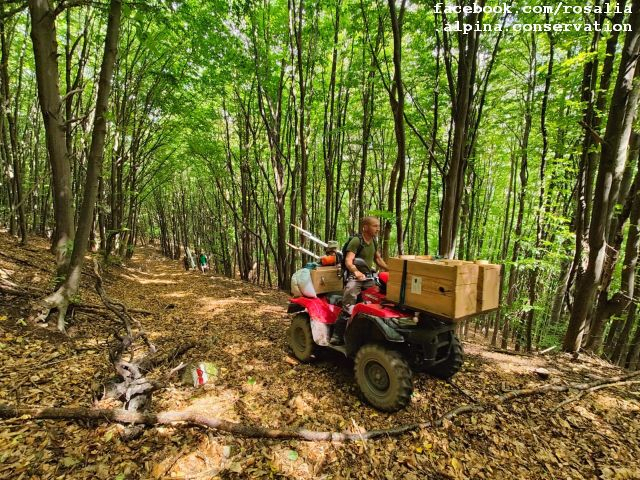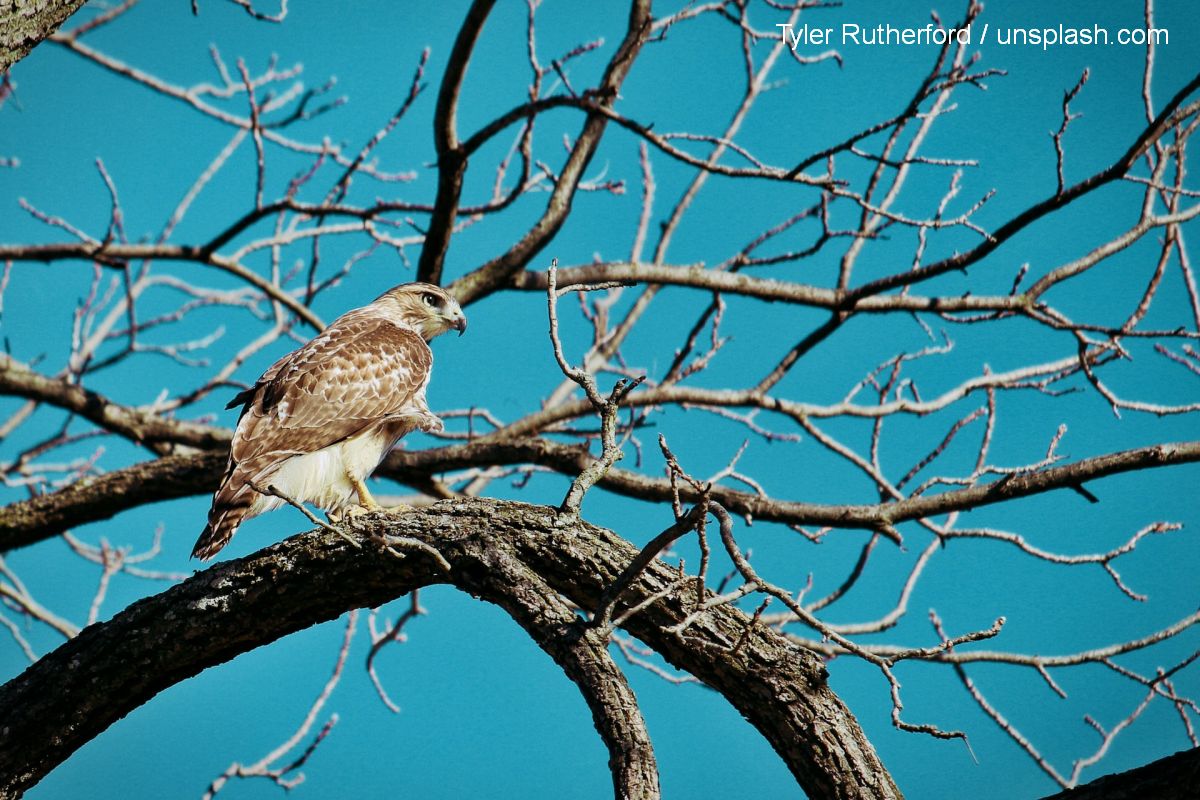The International Black Sea Day
The plan provides for strategies and policies aimed at saving and rehabilitating one of the worlds most polluted seas. Marine biologists have repeatedly sounded the alarm with respect to the rapid decrease in the numbers of species and fish population du
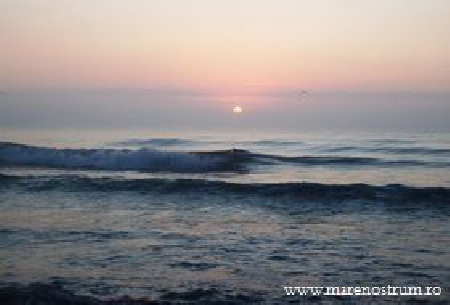
Eugen Cojocariu, 29.04.2012, 17:27
The plan provides for strategies and policies aimed at saving and rehabilitating one of the world’s most polluted seas. Marine biologists have repeatedly sounded the alarm with respect to the rapid decrease in the numbers of species and fish population due to water pollution, trade activities and transportation.
Whereas 30 or 40 years ago there were nearly 25 species of fishing interest, at present there are only five or six: the sprout, the European anchovy, the horse mackerel, the sole fish and the shark, only in small numbers, says Simion Nicolaev, the head of the “Grigore Antipa” Institute of Marine Research and Development in Constanta. 25 years ago, the fishing output amounted to over 900 thousand tons in the Black Sea basin, while the total output today barely reaches 300 thousand tons a year.
The list of main pollutants includes crude oil hydrocarbons generated by rivers that discharge into the Black Sea, and which account for 2.4 million square kilometers of hydrographic basin. Ranking second on the threat list are trade and transport activities in the coastal area, given that some 50 thousand ships sail on the Black Sea every year. Equally noxious are gas pool and oil exploitation activities, which destroy natural habitats home to the reproduction and breeding of species. Adding to all that are irrational and illegal fishing practices, which involve the use of habitat-damaging tools.
This year, the “Mare Nostrum” NGO that takes an active interest in the degradation of the marine environment is organizing various activities to mark International Black Sea Day. Marcela Roman, the NGO’s public relations officer gave us more details:
Marcela Roman: “The first activity we organize this year is a European project called “Coastwatch”, which was launched in Ireland. Its aim is to highlight the challenges the European coastal areas are facing at present. We are trying to assess the anthropic impact, with a focus on cataloguing the type of waste on the coastline that is currently under surveillance by volunteers and students in Constanta, and afterwards all the data will be included in a final report. We want to draw attention to a series of serious issues the Romanian coastal area is facing, given that we currently lack a selective and unfaltering waste collection system”.
The contest “The Black Sea is for everyone” has reached its 9th edition. It is aimed at encouraging photography enthusiasts to promote the preservation of the marine biodiversity of the Romanian seacoast via their works. This year we have for the first time the National Blog Contest, in which nature lovers can post environmental problems in Romania on the Internet. “Mare Nostrum’ has also started projects for protecting dolphins. Statistics show that in 1950 the Black Sea had over a million dolphins, but now there are only a few tens of thousands. Here is Marcela Roman again:
Marcela Roman: “At present we are implementing a project which started late in 2009 and will be concluded in 2012. It deals with a multitude of activities, but also with concrete measures. I am referring to the 50 acoustic devices that we have purchased as part of this project, which have already been distributed to 5 fisheries taking part in the project. Those acoustic devices make a sound which does not bother fish, but which dolphins can hear, and steers them away from fishing nets, which prevents them from getting tangled in them and getting dragged to the shore. From the beginning of this year we have identified 200 dolphins that beached. The main cause is accidentally getting caught in fishing nets, because they get attracted by schools of fish. Since we have installed those devices, no dolphins have been caught, and no schools of fish have been affected, but some time has to pass before concrete results can be seen”.
This autumn in Bucharest, the fourth edition of NGO forums in the Black Sea region gathered over 200 participants from Romania and abroad. The discussions focused on the idea that the Black Sea should get more attention from the riparian countries, but also from the EU, because several rivers crossing EU member countries flow into that sea. Here is Adela Rusu, coordinator of the NGOs’ Federation for Development in Romania:
Adela Rusu: “This year we were happy to welcome here the president of the European Social and Economic Committee, Stefan Nilsson, who conveyed a very optimistic message, because in the last 3 years we’ve had few projects of good quality. That has happened because the EU does not have coherent financing for this region and that was emphasized by one of the important guests at the event, Traian Ungureanu, the European MP who tabled a report in the European Parliament on a Black Sea strategy which emphasized the lack of financing”.
The same conclusion was drawn at the meeting of environment ministers from the member countries of the Black Sea Economic Cooperation Organization, which was held in Bucharest at the end of May. Environment Minister Laszlo Borbely said then that a lot of initiatives Romania wants to undertake in dealing with the Black Sea issue are tied in with other states, which have a different economic potential.

